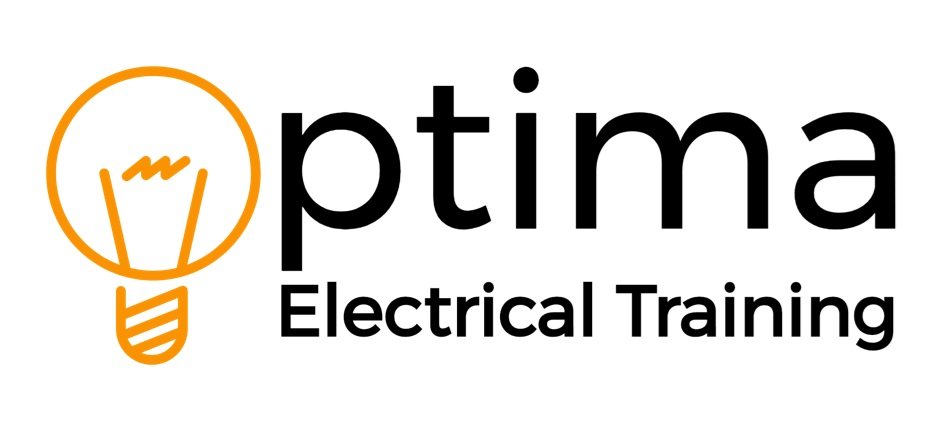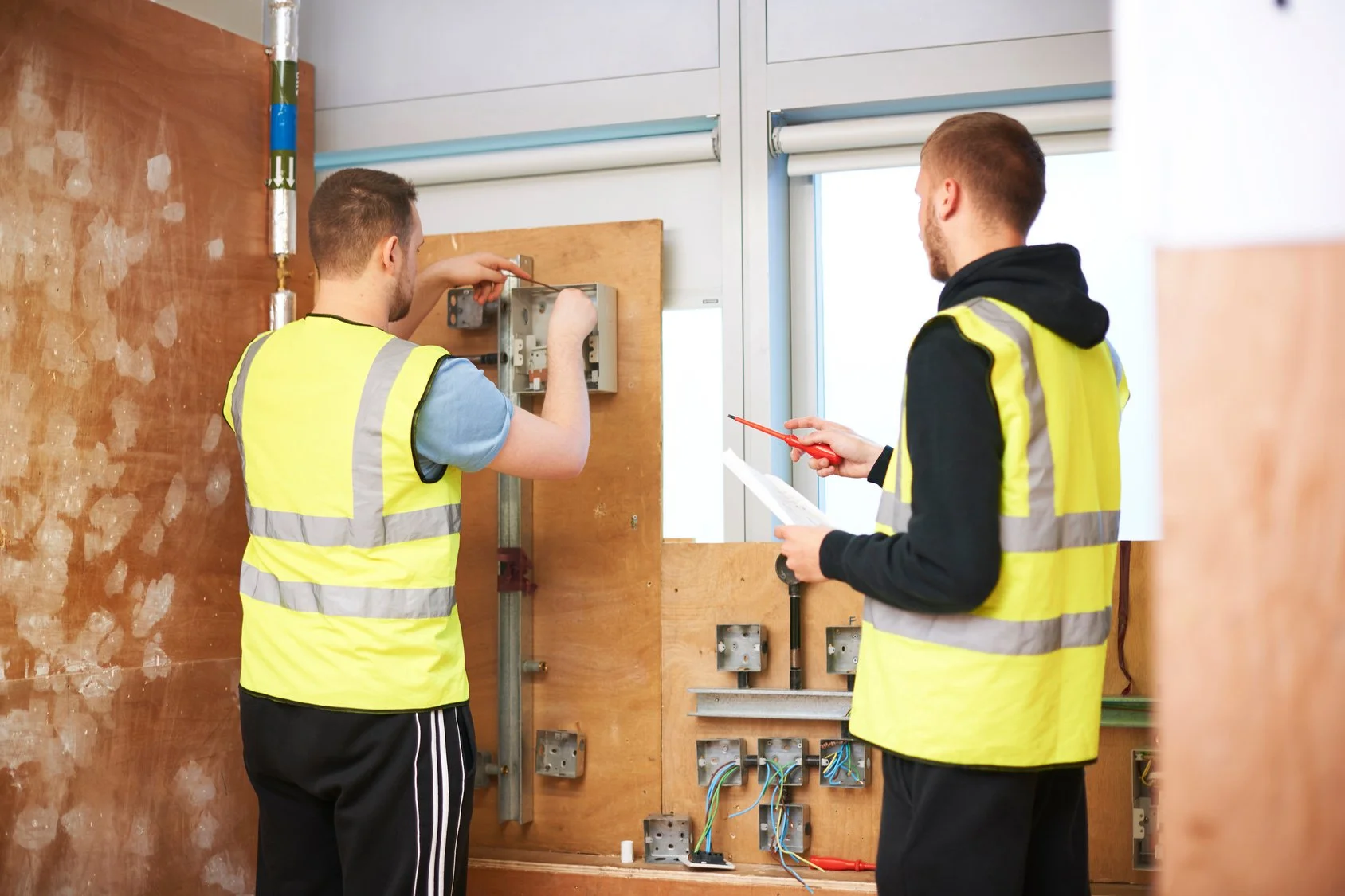The UK Faces a Critical Shortage of Electricians: Industry Urges Immediate Action
The UK’s electrical workforce is facing a growing crisis. The number of qualified electricians is falling rapidly—just as the demand for skilled labour across construction, housing, and infrastructure continues to rise. Without swift and coordinated intervention, the country risks significant delays to essential projects and a prolonged strain on the skilled trades sector.
The figures are stark. Since 2018, the number of electricians in England has dropped by more than 26%—from approximately 214,200 down to around 158,000 by 2024. If this pattern continues unchecked, forecasts suggest a further 32% decline by 2038. That could leave the UK with fewer than 110,000 working electricians, at a time when the construction sector needs more than ever.
This isn’t just a future concern—employers are already feeling the impact. Major developments, infrastructure upgrades, and essential public projects are all facing mounting pressures due to a limited supply of skilled electrical labour. The shortage is driving up project costs, extending timelines, and creating recruitment bottlenecks across the industry.
Training and Apprenticeship Bottlenecks
At the heart of the issue lies a shortage in the training pipeline. To maintain the current size of the workforce, the industry needs at least 10,500 new electrical apprentices every year. Yet fewer than 7,500 are currently entering apprenticeships annually—leaving a persistent shortfall of over 3,000.
Small and medium-sized enterprises (SMEs), which deliver the vast majority of apprenticeships, are struggling to meet demand. Many lack the financial support needed to bring in new trainees, particularly as training and supervision costs continue to rise.
Vocational Training and Career Changers: Part of the Solution
In recent years, vocational training routes—such as NVQs and experienced worker assessments—have opened the door for more adults and career changers to enter the electrical industry. These pathways offer flexible, practical alternatives to traditional apprenticeships and have proven effective in helping mature learners retrain for a skilled trade.
Career changers often bring valuable transferable skills, reliability, and life experience to the sector. Many training providers are now actively supporting this group with tailored qualifications and structured work-based learning.
One such initiative is Optima Electrical Training’s Pathway to Placement programme, designed to help adult trainees secure valuable job placements upon completion of their vocational qualifications.
“This pathway will help adults who are keen to carve successful careers within this space, ensuring they are supported into real industry opportunities,” said Aaron Rose, Director at Optima Electrical Training. “We’re committed to helping people transition into the trade with the skills, confidence, and employer links they need to succeed.”
Programmes like this are a vital part of the solution. However, while they make a significant contribution, they are not sufficient on their own to meet the growing scale of demand. Without a major increase in structured apprenticeship starts and sustained support for employers, the shortfall will continue to grow.
The Call for National Action
To address the crisis, industry leaders are calling for a coordinated, national response. Proposals include increasing apprenticeship funding, simplifying access to work-based training, and offering greater support to the SMEs who form the backbone of workforce development.
A clearer and more consistent workforce strategy is urgently needed to stop the decline in electrician numbers—and to secure the future of the trade. Without these changes, the industry risks entering a prolonged period of undercapacity, where essential work is delayed or left undone due to a lack of qualified labour.
What Needs to Change
Several actions have been identified by industry stakeholders as priorities:
Raise annual apprenticeship starts to at least 12,000 to reverse the current decline.
Provide greater financial support to SMEs who train apprentices.
Support adult entrants and alternative training routes, such as NVQs and experienced worker assessments.
Ensure long-term skills planning is aligned with industry demand and workforce age demographics.
These steps are not just desirable—they are essential to sustain the skilled workforce the country relies on. Electricians play a vital role in every part of the built environment, and the consequences of inaction will be felt across all sectors of the economy.
References
Thinking of Becoming a Qualified Electrician?
If you're interested in learning a skilled trade, why not train to become a certified professional?
At Optima, we provide comprehensive electrical training courses that equip you with the skills, qualifications, and confidence to work safely and legally in this vital industry.
Whether you’re just starting out or looking to expand your qualifications, our accredited training programmes will give you the knowledge, confidence, and credentials to meet new building standards and market demand.
✅ Hands-on training
✅ Industry-recognised certifications
✅ Expert instructors with real-world experience
✅ Courses tailored to upcoming regulations
Contact us today to embark on your training journey.
Contact us: Request Information
Email: info@optima-ect.com
Freephone +44 800 0371572



